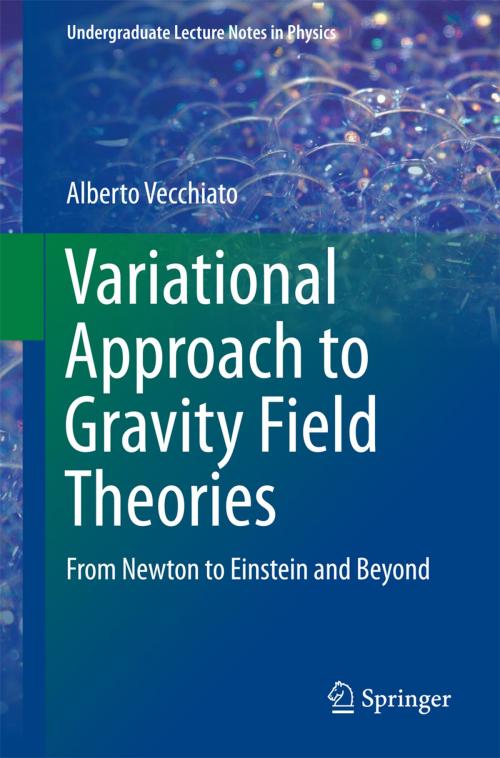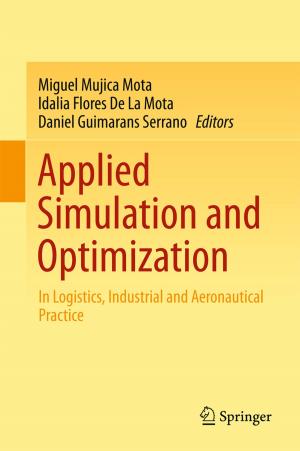Variational Approach to Gravity Field Theories
From Newton to Einstein and Beyond
Nonfiction, Science & Nature, Science, Physics, Gravity, Mechanics| Author: | Alberto Vecchiato | ISBN: | 9783319512112 |
| Publisher: | Springer International Publishing | Publication: | May 30, 2017 |
| Imprint: | Springer | Language: | English |
| Author: | Alberto Vecchiato |
| ISBN: | 9783319512112 |
| Publisher: | Springer International Publishing |
| Publication: | May 30, 2017 |
| Imprint: | Springer |
| Language: | English |
This book offers a detailed and stimulating account of the Lagrangian, or variational, approach to general relativity and beyond. The approach more usually adopted when describing general relativity is to introduce the required concepts of differential geometry and derive the field and geodesic equations from purely geometrical properties. Demonstration of the physical meaning then requires the weak field approximation of these equations to recover their Newtonian counterparts. The potential downside of this approach is that it tends to suit the mathematical mind and requires the physicist to study and work in a completely unfamiliar environment. In contrast, the approach to general relativity described in this book will be especially suited to physics students. After an introduction to field theories and the variational approach, individual sections focus on the variational approach in relation to special relativity, general relativity, and alternative theories of gravity. Throughout the text, solved exercises and examples are presented. The book will meet the needs of both students specializing in theoretical physics and those seeking a better understanding of particular aspects of the subject.
This book offers a detailed and stimulating account of the Lagrangian, or variational, approach to general relativity and beyond. The approach more usually adopted when describing general relativity is to introduce the required concepts of differential geometry and derive the field and geodesic equations from purely geometrical properties. Demonstration of the physical meaning then requires the weak field approximation of these equations to recover their Newtonian counterparts. The potential downside of this approach is that it tends to suit the mathematical mind and requires the physicist to study and work in a completely unfamiliar environment. In contrast, the approach to general relativity described in this book will be especially suited to physics students. After an introduction to field theories and the variational approach, individual sections focus on the variational approach in relation to special relativity, general relativity, and alternative theories of gravity. Throughout the text, solved exercises and examples are presented. The book will meet the needs of both students specializing in theoretical physics and those seeking a better understanding of particular aspects of the subject.















